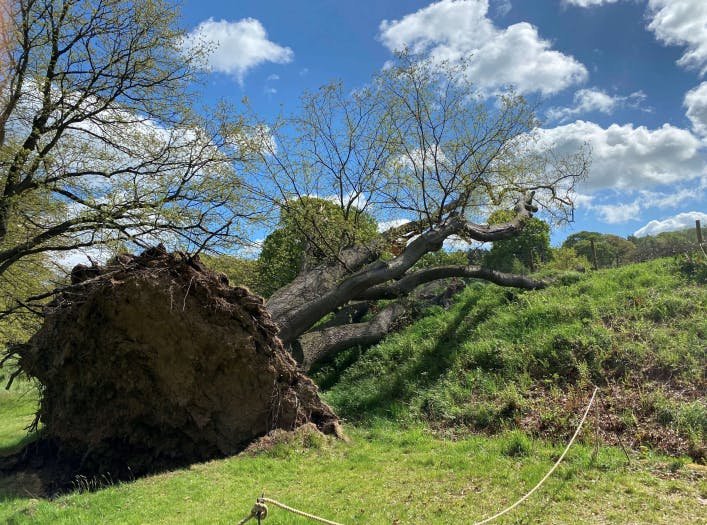A chance discovery of the crypt at Newcastle Cathedral has resulted in the creation of a new textiles programme which will help support women accessing the criminal justice services offered by Changing Lives.
Dawn Harrison, the charity’s Service Manager for Criminal Justice, Northumbria visited the cathedral with several women where they learned the crypt was historically used as a place for people to say goodbye to those who had passed away.
Several discussions followed about how the women would like to find a way to say goodbye to their former lifestyles, in turn allowing for personal progression, and they came up with the idea of helping people to understand what it is like being in their place by physically sitting in their seat – and so Story Chair was formed.
Through a series of workshops, women involved with the programme will explore story-telling techniques, enabling them to tell their own story, through textiles, in a way that gives them ownership. The programme will also explore how arts and cultural venues feel for the women and how they could be made more welcoming for those who might not feel represented there.
The result will be a physical story-telling chair, composed of the women’s artwork, which will be used to open up conversations with cultural venues about what they can do to make their spaces more inclusive.
Running in partnership with Dr Angelika Strohmayer from Northumbria University, who will carry out the evaluation, the project has secured significant funding from the British Academy and is already attracting the attention of academics from other universities around the country.
“Working alongside women in the criminal justice system to share their experiences on their own terms and using textile methods to do so is really exciting. It provides opportunities for change in these venues, centering experiences and needs of women, in their own words and stitches. "
Speaking about Story Chair, Dawn, who has designed the programme with Angelika, said: “The chair will be used as a focal point to help us to change policy.
“The hope is that people can host the chair and enter into training about how they are able to support and represent women in the criminal justice system.
“We are going to recruit ‘chairtakers’ who will have a say as to where the chair is hosted and who it can be used by, we really do want the women to be in control of how their stories are seen.”
Starting at the end of June, it is anticipated that the 8-week programme could reach up to 200 women during the 12 months it will run, with between 10-12 participants per session. Each week, the women will learn a different way to tell a story with the 8th and final session being the one where they get to tell their story.
Working alongside the women, chairtakers and Dawn, Northumbria University’s design department will then transform all the stories into materials which will be used to create ‘infrastructures of inclusion’ such as the chair, which is being crafted using wood donated by the National Trust’s Gibside Estate after one of its giant Oak Trees was pulled down by the recent storms.
Dr Angelika Strohmayer added: “Working alongside women in the criminal justice system to share their experiences on their own terms and using textile methods to do so is really exciting. It provides opportunities for change in these venues, centering experiences and needs of women, in their own words and stitches.
“We hope the programme will be impactful for the women themselves and we will also work to ensure the learning from this project is transferable to cultural, arts, and educational venues. We will use the learning from the sessions to create toolkits and training, and of course will use the physical ‘infrastructures’ such as the chair, pillows, blankets and so on that are created with and by the women to create spaces for important discussions on inclusion.”
It is expected that the chair will be completed early next year, at which point a launch event will be held starting in the Cathedral’s crypt, the origin of the idea for the Story Chair.
About the Cathedral’s involvement in the project, Revd Jon Canessa, who also leads the Lantern Initiative, said: “Newcastle Cathedral is proud to be hosting the Story Chair, and all that it represents.
“The Cathedral’s history is dominated by rich, white, businessmen. We do not want to cancel their story, but we do want to ensure the inspiring, humbling and powerful stories of these women are also heard and celebrated.”



